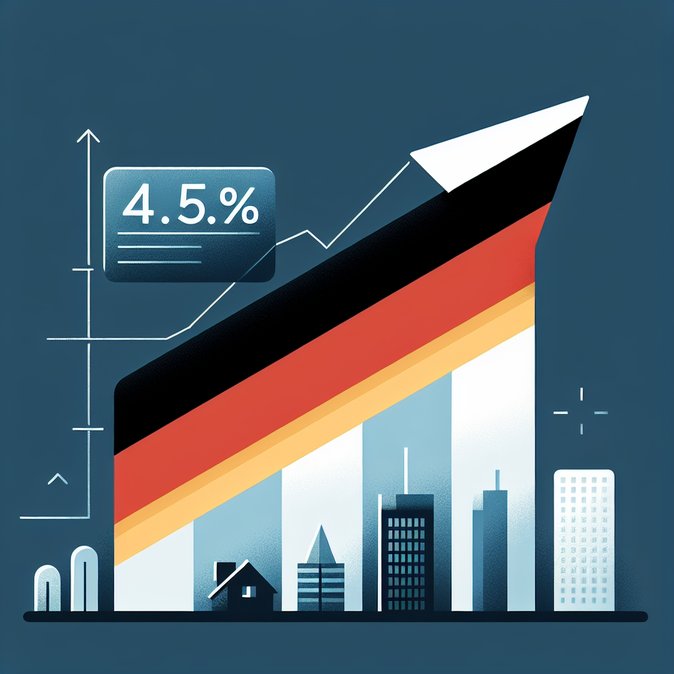
An analysis published by The Local on 26 November forecasts average gross salaries in Germany to climb 4.5 percent next year, fuelled by a tight labour market and upcoming hikes to social-security ceilings. While the piece is pitched at newcomers, it carries important implications for companies sponsoring EU Blue Cards and other salary-linked permits.
Destatis figures indicate that median annual pay will hit €55,900 in 2026, but regional disparities remain stark: Munich professionals can expect 18 percent above the national median, while eastern Länder still lag by roughly 10 percent. Sector gaps are equally wide, with IT, engineering and pharma commanding the highest premiums.
![Salary Projections for 2026 Underscore Rising Thresholds for Germany’s Blue-Card Talent]()
Why it matters for mobility: Blue-Card minima are indexed to the pension-insurance contribution ceiling, which the cabinet recently approved to raise to €101,400. Assuming the statutory ratios stay constant, the standard Blue-Card salary will increase to €50,700 and the shortage-occupation rate to €45,933. HR teams must therefore review employment offers issued for January 2026 start dates to ensure continued eligibility.
Expatriate cost-of-living allowances may also need recalibration. While wage inflation benefits inbound assignees, soaring rents in core metros (up 6 percent year-on-year) risk eroding net gains. Tax advisors remind employers that higher gross salaries can nudge staff into the top tax bracket sooner, complicating equalisation calculations.
The article urges foreign candidates to negotiate relocation packages that factor in housing and family benefits, especially as childcare fees in urban centres have risen faster than wages. Companies competing for STEM talent are responding with hybrid-work flexibility and language-tuition stipends, moves likely to become standard by mid-2026.
Destatis figures indicate that median annual pay will hit €55,900 in 2026, but regional disparities remain stark: Munich professionals can expect 18 percent above the national median, while eastern Länder still lag by roughly 10 percent. Sector gaps are equally wide, with IT, engineering and pharma commanding the highest premiums.

Why it matters for mobility: Blue-Card minima are indexed to the pension-insurance contribution ceiling, which the cabinet recently approved to raise to €101,400. Assuming the statutory ratios stay constant, the standard Blue-Card salary will increase to €50,700 and the shortage-occupation rate to €45,933. HR teams must therefore review employment offers issued for January 2026 start dates to ensure continued eligibility.
Expatriate cost-of-living allowances may also need recalibration. While wage inflation benefits inbound assignees, soaring rents in core metros (up 6 percent year-on-year) risk eroding net gains. Tax advisors remind employers that higher gross salaries can nudge staff into the top tax bracket sooner, complicating equalisation calculations.
The article urges foreign candidates to negotiate relocation packages that factor in housing and family benefits, especially as childcare fees in urban centres have risen faster than wages. Companies competing for STEM talent are responding with hybrid-work flexibility and language-tuition stipends, moves likely to become standard by mid-2026.










